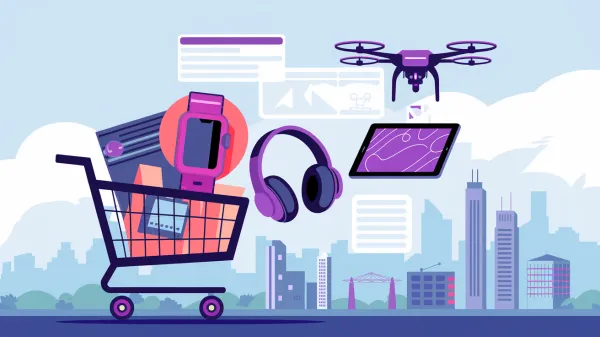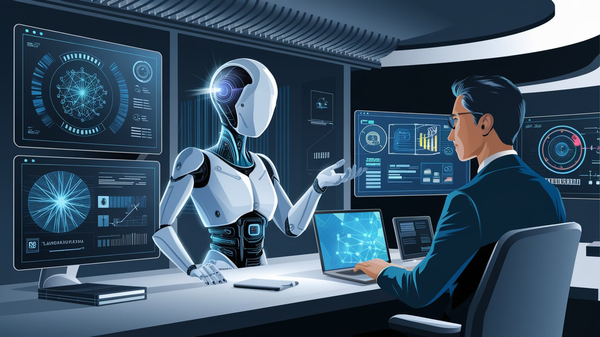How AI-Powered Task Management Is Reshaping Productivity—Are You Ready to Adapt?

I recently decided to shake up my daily routine by ditching my traditional to-do list in favor of ChatGPT's new Tasks feature, and let me tell you—it’s been a game-changer! The seamless integration of AI into something as basic yet essential as task management made me realize just how transformative AI can be for personal productivity and, by extension, business operations.
What struck me the most was how natural it felt to converse with an AI about my plans for the day. Instead of jotting down a static list, I found myself engaging in a dynamic dialogue that not only organized my tasks but also prioritized them based on my goals. This got me thinking: if AI can revolutionize something as simple as my to-do list, imagine the untapped potential it holds for businesses willing to embrace it early on.
In my line of work as a consultant specializing in automating workflows with AI solutions, I've seen firsthand how companies that adopt AI technologies swiftly gain a competitive edge. They don’t just automate repetitive tasks; they unlock new levels of efficiency and innovation. For instance, AI can analyze vast amounts of data to provide insights that humans might miss, optimize supply chains in real-time, or personalize customer experiences at scale.
Yet, there's often hesitation among businesses to fully integrate AI, usually due to perceived challenges like cost, complexity, or fear of the unknown. But here's the thing—the AI tools available today are more accessible and user-friendly than ever before. Just like how I effortlessly transitioned to using ChatGPT for my daily tasks, businesses can integrate AI solutions without overhauling their entire infrastructure.
One key insight I've gained is that embracing AI isn't about replacing human effort but augmenting it. The Tasks feature didn't do my work for me; it helped me organize and approach my work more intelligently. Similarly, when businesses leverage AI, they're empowering their teams to focus on high-impact activities while automation handles the mundane.
Furthermore, early adoption of AI can lead to exponential growth. Companies that jumped on the AI bandwagon early are now setting industry standards. They're more agile, responsive to market changes, and better at forecasting trends. In contrast, those lagging are finding it increasingly hard to catch up as the technology gap widens.
Of course, this isn't to say there aren't challenges. Implementing AI requires thoughtful strategy—data security, employee training, and ethical considerations must be addressed. However, the long-term benefits far outweigh the initial hurdles. It's about viewing AI not as a disruptive threat but as a transformative opportunity.
Reflecting on my experience, I'm convinced that integrating AI into daily operations isn't just for tech enthusiasts—it's a strategic move that all businesses should consider. The ease with which I adapted to an AI-driven task manager is a small-scale example of the broader ease with which AI can be adopted when approached with the right mindset.
So, here's a thought: if a simple shift in how we manage our to-do lists can lead to greater personal productivity, what could a strategic shift toward AI mean for your business? Are we ready to embrace the future and harness the full potential of AI to drive innovation and efficiency?
In an age where technology evolves at breakneck speed, staying ahead isn't just about keeping up—it's about leading the charge. Let's not wait until AI integration becomes a necessity born out of lagging performance. Instead, let's explore how we can proactively incorporate AI solutions to transform our workflows and, ultimately, our industries.


